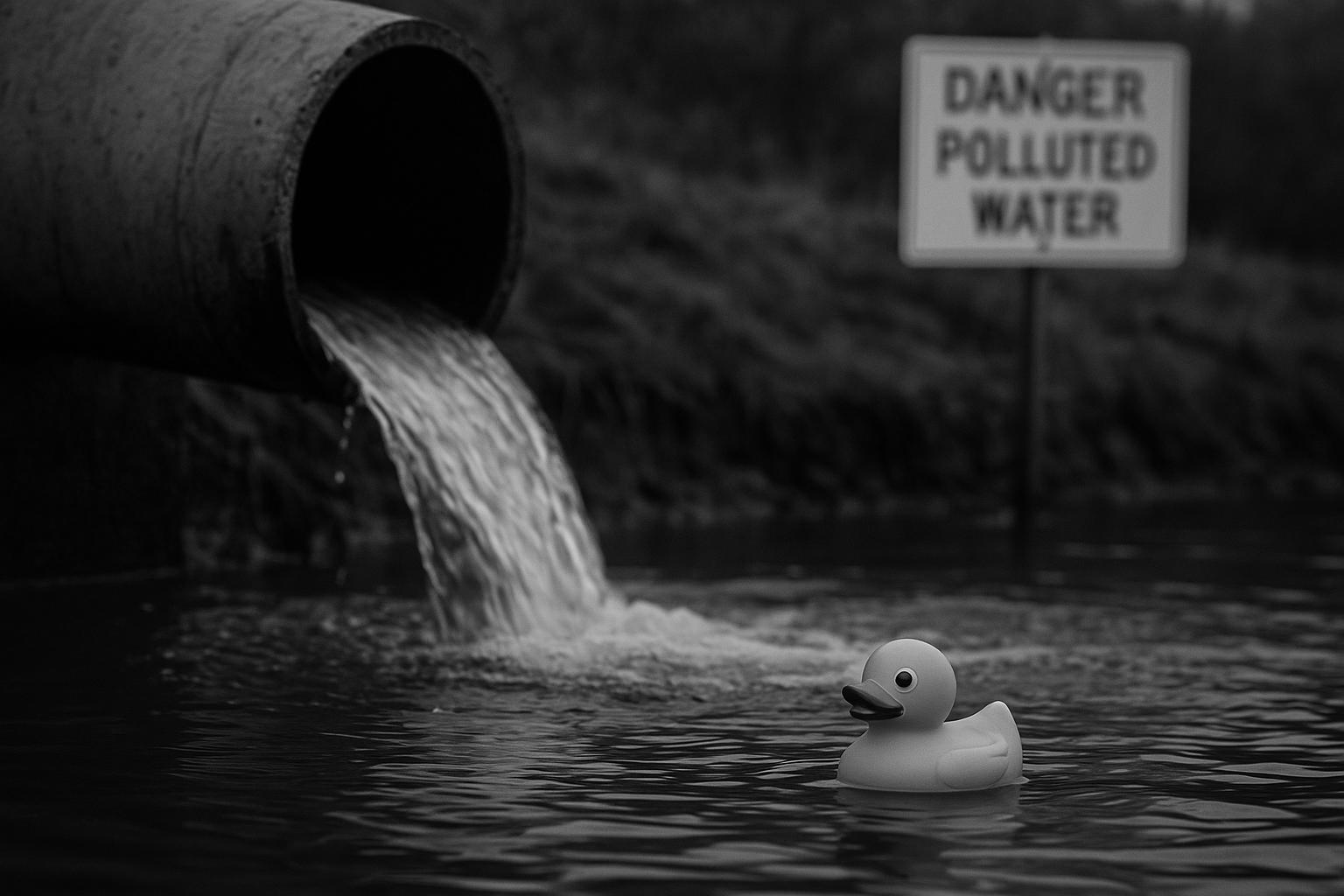Those choosing to holiday in Britain this summer have good reason to think twice before taking a dip: a string of high‑profile pollution incidents and chronic under‑investment have left rivers, beaches and lakes at risk from raw sewage and other discharges. The problem is not merely environmental; it has exposed a broader governance failure in which heavily indebted private water companies have, critics say, treated fines and remediation as a commercial cost rather than an imperative to protect customers and nature. According to the Independent Water Commission’s roadmap, the public’s loss of trust is precisely what the proposed reforms aim to remedy.
At the centre of the current debate is Thames Water, burdened by a debt mountain and embroiled in tense negotiations between its board, its major creditors and regulators. Media reporting and company briefings show that senior lenders have sought concessions from Ofwat — including a softening or delay of enforcement measures — on the grounds that large penalties would spook investors and imperil rescue plans. That request sits uneasily alongside Ofwat’s own intervention: on 28 May 2025 the regulator imposed penalties totalling £122.7 million and issued an enforcement order requiring urgent rectification of failings in treatment works and sewerage networks, while saying the penalties would be borne by the company and its shareholders, not customers.
The immediate financial context helps explain why creditors have pressed for accommodation. A London court approved a £3 billion emergency lending package in February 2025 to keep Thames operating, granting an immediate tranche and the possibility of further funds to extend the company’s runway into 2026. Reuters reported that package followed fierce legal challenge from junior creditors over the high interest and fees attached to the facility. At the same time, a prospective private equity rescue collapsed: KKR — initially named preferred bidder — pulled out after concluding that reputational and regulatory risks made a deal untenable, leaving a gap that has further raised the prospect of tougher public intervention.
Sir Jon Cunliffe’s Independent Water Commission has set out a sweeping 88‑point plan to overhaul the sector, proposing an integrated regulator, stronger consumer advocacy and the creation of nine regional water authorities to end the fragmentation that many blame for decades of poor incentives. The commission’s report — the product of wide engagement, the government says including more than 50,000 responses to its call for evidence — stresses that clearer accountability and stronger enforcement are prerequisites for restoring public trust and for attracting long‑term, responsible capital.
Those arguing for a politically awkward but legally available route — placing Thames into a special administration regime — say it could square the circle: special administration would allow an independent administrator to restructure liabilities, impose haircuts on debt where necessary and create space for patient infrastructure investors to recapitalise the company without saddling customers with the cost. Proponents point to the need for a negotiated reset that protects environmental obligations while removing the immediate pressure that has led owners and lenders to treat fines as a negotiable line item.
The pool of potential long‑term owners is not empty. The Mail’s coverage suggested firms with established UK infrastructure credentials, such as CKI, could step forward; CKI’s owners already hold substantial, long‑term UK assets. That contrasts with the experience of Southern Water’s sale to Macquarie: the Australian investor has been criticised in media and regulatory accounts for stewardship issues following a record fine and revelations about deliberate discharges earlier in the decade, a cautionary tale that underlines the reputational risks for prospective buyers and for the state in sanctioning quick private rescues.
There are clear signs that regulators and parts of Whitehall view special administration as the pragmatic option, but the project is politically fraught. Ministers wary of appearing to nationalise assets, and a Treasury reluctant to take contingent liabilities onto the public balance sheet, have proved reluctant to commit to a route that might require temporary public accountability should a swift sale not materialise. At the same time, the regulator’s recent enforcement — and its insistence that penalties not be passed on to customers — signals a firmer line on environmental standards that is difficult to reconcile with creditor requests for exemptions.
Whatever route is chosen, the Independent Water Commission and recent regulatory action make the stakes plain: reform must prioritise customers and the environment, not merely the short‑term preservation of creditor returns. Continued delays or regulatory forbearance risk further pollution, rising political heat and the erosion of the very investor confidence policymakers say they want to preserve. The emerging consensus among watchdogs, many campaigners and an increasing number of lawmakers is that urgent, decisive action — combining the commission’s structural reforms with practical measures such as special administration where warranted — is necessary to stop repeated harm and to rebuild a sector that serves the public interest.
📌 Reference Map:
##Reference Map:
- Paragraph 1 – [1], [2]
- Paragraph 2 – [1], [4], [3]
- Paragraph 3 – [6], [1], [5]
- Paragraph 4 – [2], [1]
- Paragraph 5 – [1], [2]
- Paragraph 6 – [1], [7], [5]
- Paragraph 7 – [1], [3]
- Paragraph 8 – [2], [4], [6]
Source: Noah Wire Services
